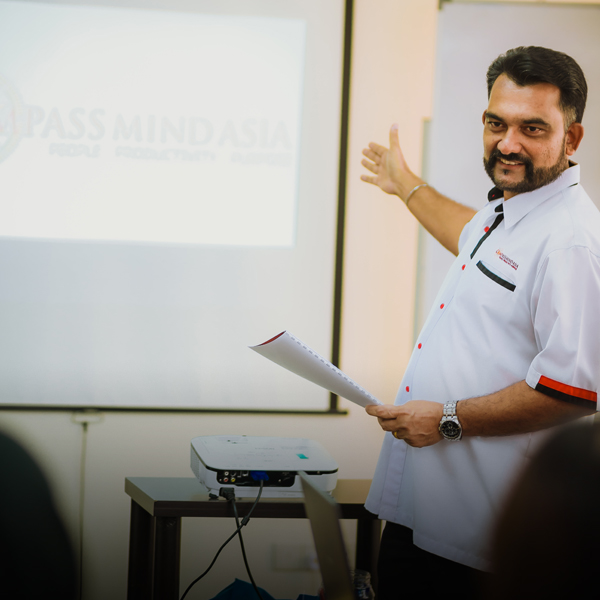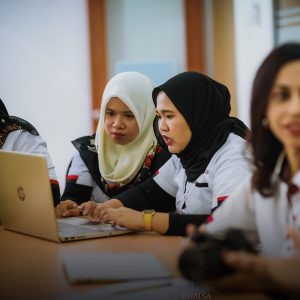TARGET AUDIENCE
Assistant Managers, Managers and above
OBJECTIVES
- Gather an understanding on fundamental concepts in communication skills for coaching that it is of paramount importance.
- Applying different styles (coaching or mentoring) depending on the need / results required.
- Continuously strive to improve and perfect their vocal intentions during a coaching session to sound positive, convincing and professional.
- Enhance body language, postures and hand gestures during a discussion or feedback session
- Eliminate the usage of negative phrases and filler sounds.
- Building rapport with the team before and after the coaching session.
- Communicate using positive phrases.
- Identify what affects listening, and why most people (even leaders) are so bad at it!.
- Implementing NLP techniques and tools which helps one become an effective coach.
- Appreciating the NLP presuppositions for coaching.
METHODOLOGY
- Classroom Lecturettes
- Open Talk Session
- Stand-Up Discussions
- Pre & Post Training Tests
- Group Brainstorming Activities
- Energisers
- Individual Quiz
- Case Study
- Pop Quiz
- Role Plays
- Best Practices Video





